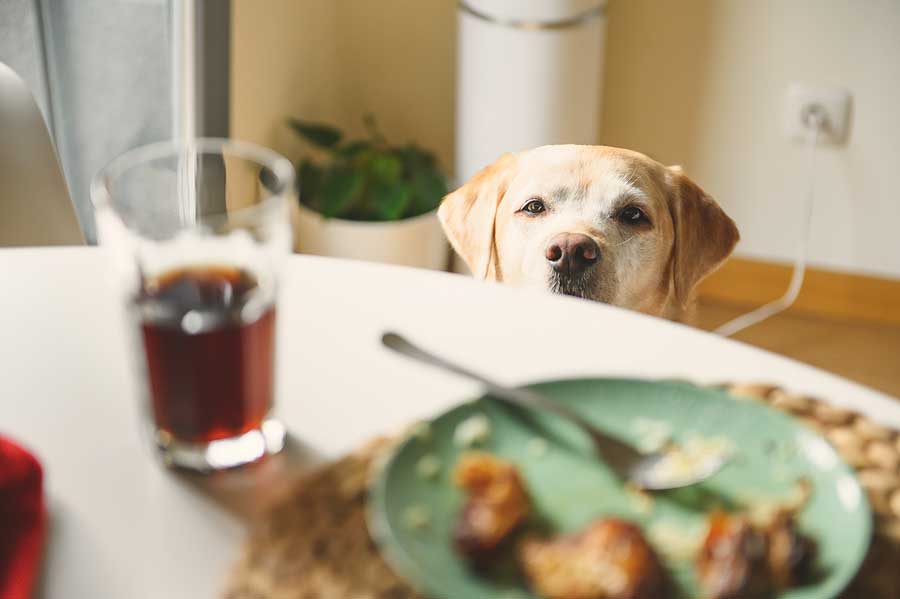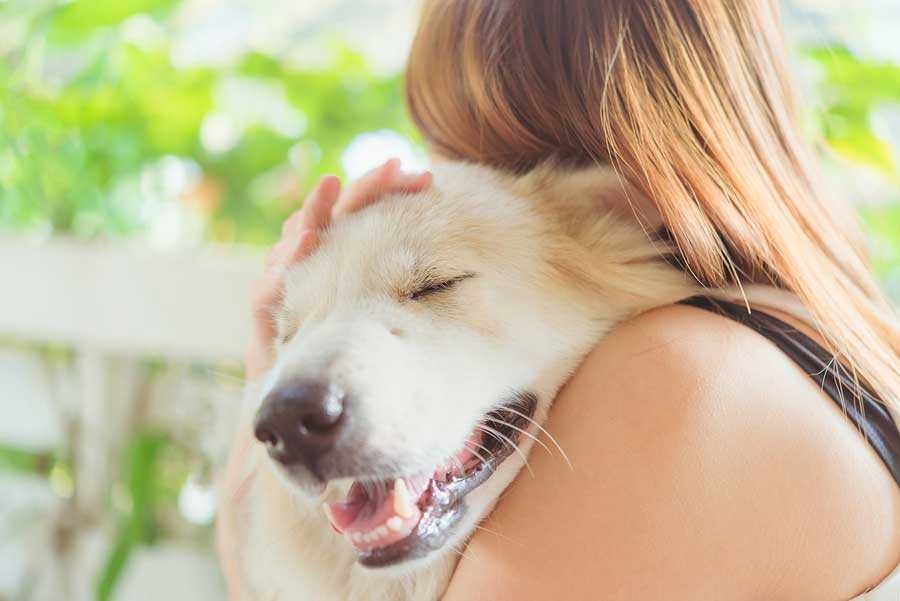Should I Take My Dog to the Vet? When It’s Time to Go to the Vet?
Americans love their pets like children. Nearly 38.4 percent of American households have dogs. These pet owners spend about an average of $126.19 on their pet friends each month. Besides your pet's annual exam, there are times your dog may be sick or acting strangely. If you are wondering "should I take my dog to the vet," read on to know when it's time. Not Eating This is a judgment call, but if your dog suddenly stops eating, this could be a sign...






